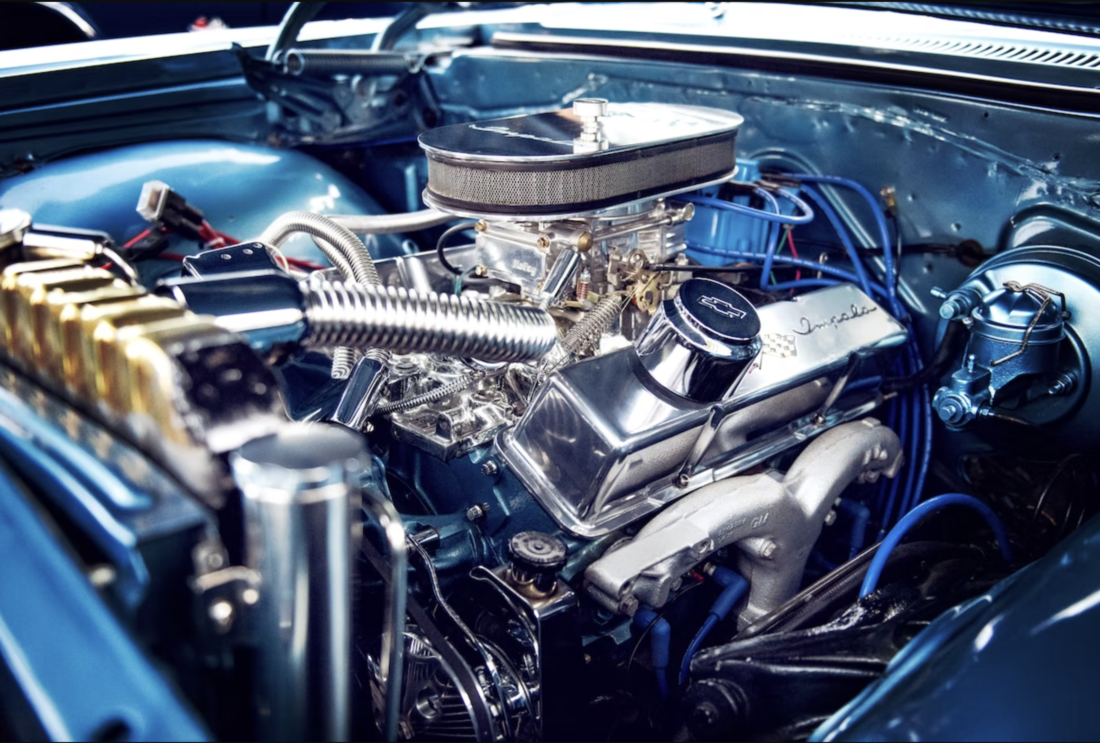Things to Keep In Mind Before Buying an Aftermarket Car Product

We all want to keep our cars running smoothly. When something breaks or wears out, we tend to go straight to the manufacturer for a replacement part. But aftermarket parts, those manufactured by companies other than the original equipment manufacturer (OEM), are just as good and sometimes even better quality than their factory counterparts.
Suppose you’re considering purchasing an aftermarket product. In that case, you must understand what could go wrong down the road so that you can avoid those issues and make an informed decision about whether this is worth it for your vehicle.
You Don’t Need Every Aftermarket Product
The first step to being a good aftermarket car shopper is to know what you’re getting into. There are many different kinds and brands of aftermarket parts, and each has its pros and cons. According to Grand View Research, the global auto aftermarket industry was valued at 408.5 billion USD in 2021, and it is expected to register a growth of 3.4% from 2022-2030.
Compared to it, the global auto OEM market size was 32.4 billion USD in 2021, which is expected to be worth 46 billion by 2030.
To check which type of part is right for your car or what is compatible with your vehicle, consult a mechanic or talk with someone at the dealership before making any purchases.
When buying an aftermarket car product, several factors can make or break whether or not the product will work on your vehicle. Like, some products come with explicit instructions about whether they use original manufacturer-made (OEM) or replica/generic items.
This can impact not only how well they fit into place once installed but also whether they receive warranty coverage through their manufacturer, if at all. It’s best not to guess here. Ask questions when possible so that you don’t end up wasting money on something that may not be worth keeping around in the long run.
You Might Need to Hire a Mechanic
Aftermarket car products are relatively easy to install, but if you don’t have the know-how, you might need to hire a mechanic. Statista states that 239,100 auto maintenance and repair centers are in the US.
To find a mechanic, search on websites like Yelp or Angie’s List and read reviews of different mechanics in your area. You can also ask friends for recommendations.
There’s No Warranty on Aftermarket Parts
One of the most important things to understand when buying an aftermarket product is that it won’t be covered by a manufacturer’s warranty. If you have an issue with your new headlights, you’ll need to deal with the company that made them, not Toyota or Honda.
If you go out and buy a factory-installed part from your local dealership (like a new set of tires), then that part will have been covered under their limited warranty program.
Aftermarket Parts Generally Cost Less
This is because aftermarket parts are made by independent companies, while the manufacturers of cars use their factories to produce car products. This means they can charge more for their products because they’re using their internal resources.
That said, there are some instances when an aftermarket product may be more expensive than one offered by the manufacturer.
Shop Around for Reliable Aftermarket Parts Retailers
You can shop for aftermarket diesel parts or gas parts, but it’s important to keep in mind that not all retailers are created equal.
When researching a potential retailer, the first thing you want to do is check their website for any information about their products and services. This will give you an idea of what type of company you’re dealing with and how much value they place on their services or product offerings.
You should also look at the reviews left by other customers who have shopped with this particular retailer before. It may be worth taking your business elsewhere if there aren’t many positive ones posted online.
Finally, when shopping around for reliable aftermarket parts retailers (or any type), consider checking out their BBB rating as well as their warranty policies. A good BBB rating shows that there haven’t been many complaints filed against this particular company over time. Likewise, if an eCommerce store carries its product warranty then that shows confidence in its workmanship too. Both are good signs.
Know What You’re Getting Into
Before buying an aftermarket product for your car, consider the following:
- Know Your Car. What kind of car do you have? Does it have a manual transmission or an automatic one? If so, what type of automatic transmission? Is it a front-wheel drive vehicle or a rear-wheel drive vehicle? How many cylinders does your engine have? What is the capacity of your gas tank (in liters)?
- Know What You Want to Do With Your Car. How will you use this car product, and how will it function with your current setup? Will it be compatible with other products that may already be installed in the vehicle (e.g., stereo system)?
- Research the Product. Before purchasing an aftermarket part for your vehicle, make sure that the product has been tested and proven safe for use on roadways by reputable organizations.
Conclusion
We hope this article has helped you decide whether or not to buy an aftermarket product for your car. In general, if it’s something small, like changing the battery in your remote control, then go for it. But if you want to do something bigger, like installing a new stereo system, be sure to get input from a mechanic before doing so.


